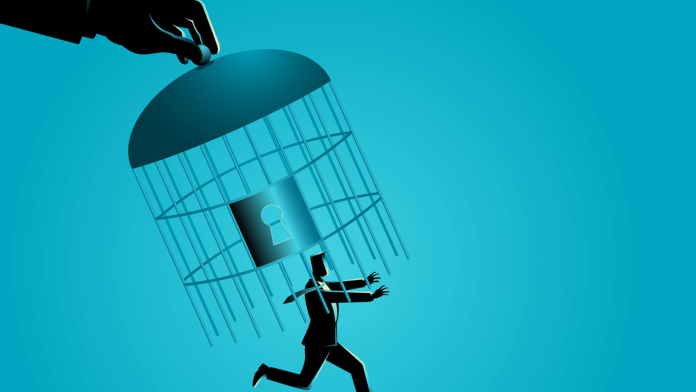On February 25, 2021, a Westminster Magistrate Court Judge ruled in favour of Nirav Modi being extradited from the UK to India. Nirav Modi is an Indian businessman who was embroiled in a fraud and money laundering case in connection with his diamond trade.
Context
In February 2018, Punjab National Bank (PNB), a leading public-sector Indian bank disclosed that billionaire Nirav Modi had duped the bank of a whopping Rs 11,400 crore. It was soon revealed that several fake Letters of Undertakings (LoUs) — which are bank guarantees used to avail short-term credit in a foreign country — had been made to abet the crime. Besides, Modi was accused of two other charges: causing the disappearance of evidence and intimidating witnesses. He had already left the country a month earlier, and the Indian courts tried getting a hold of him for an entire year.
Then, in March 2019, Modi was arrested in London and has been in custody ever since. The most recent development in this case is the February 2021 judgment by UK judge Samuel Goozee, who ruled against Nirav Modi, saying that he must be handed over to the Indian courts. Judge Goozee also emphasized that he found no evidence of political influence in the matter.
This judgement will now advance to the UK Home Secretary Priti Patel for a final seal. She will have to order the extradition within two months, failing which Nirav Modi will be able to apply for a discharge.
Nirav Modi’s argument:
Back in 2018, when the Enforcement Directorate (ED) of India had filed an application to declare Nirav Modi a fugitive economic offender, Nirav Modi had not turned up before the ED. His lawyer Vijay Agarwal had referred to security threats as the reason. “There was evidence of a mob lynching, and Modi was being compared with ‘Ravan’ and projected as evil, the poster boy of bank fraud,” Agarwal had said. Any private person, creditor, or landlord whose money remained unpaid, and any customer whose jewellery got detained by the ED would have adversely reacted to Modi’s return from the UK.
Last year, Nirav Modi’s lawyers put forth a video testimony by Supreme Court judge Markandey Katju where he affirmed that the diamond merchant would not get a fair trial in India. According to the statement, Modi, a high-profile businessperson who propagated Brand India at home and abroad, is now becoming a target of sensationalized media reporting. And if extradited, he would most likely suffer a denial of justice.
His defence also argued that the conditions in Indian prisons would not be humane. They stressed that Modi has a family history of depression and suicide. And with this mental health deteriorating further during the pandemic, the prevailing conditions at the Arthur Road Jail in Mumbai would only exacerbate the situation further.
Another reasoning in this case is that PNB failed to follow the ‘fraud prevention’ rulebook. If daily checks and concurrent audits couldn’t bring suspicious transactions to light, then can the bank officials claim innocence on the back of Modi’s criminality? So, it remains to be seen whether diamantaire Modi will be the only one on the losing end of the imminent court battle.
UK Court’s judgment:
In 2018, the ED had called the security claims as “irrelevant” and proceeded to declare Nirav Modi as a fugitive under the Fugitive Economic Offenders Act. More recently, UK judge Sam Goozee dubbed the evidence submitted by the defence as “unreliable.” Here, he was referring to Justice Markandey Katju’s deposition.
“It had hallmarks of an outspoken critic with his own personal agenda. I found his evidence and behaviour to be questionable for someone who served the Indian judiciary. Overall, these factors have the effect, in my assessment, of nullifying any weight I would have attached to his evidence,” the February 2021 ruling noted.
He further observed that there was nothing in the volumes of media and broadcasting links submitted by the defence that gave any indication of political foul play. While the political commentary on the matter could be described as ill-advised, it is no way influencing the outcome of the trial. “I reject any submission that the Government of India has deliberately engineered a media onslaught,” he pronounced. He added that UK courts were not unfamiliar with such media narratives.
As regards Nirav Modi’s current mental health, Judge Goozee’s rebuttal mentioned the updated video submitted by the Government of India. The clip showed that the prison in Mumbai met the human rights requirements and safety norms, including natural light, ventilation, sanitation, and hygiene. Modi fears prosecution in India, but it is clearly a case of a financial scam, involving fraud and money laundering that demands a court trial.
He concluded the ruling by expressing that India has a written constitution and independent judiciary, and there is no reliable evidence to believe that it is no longer independent or capable of managing a fair trial.


